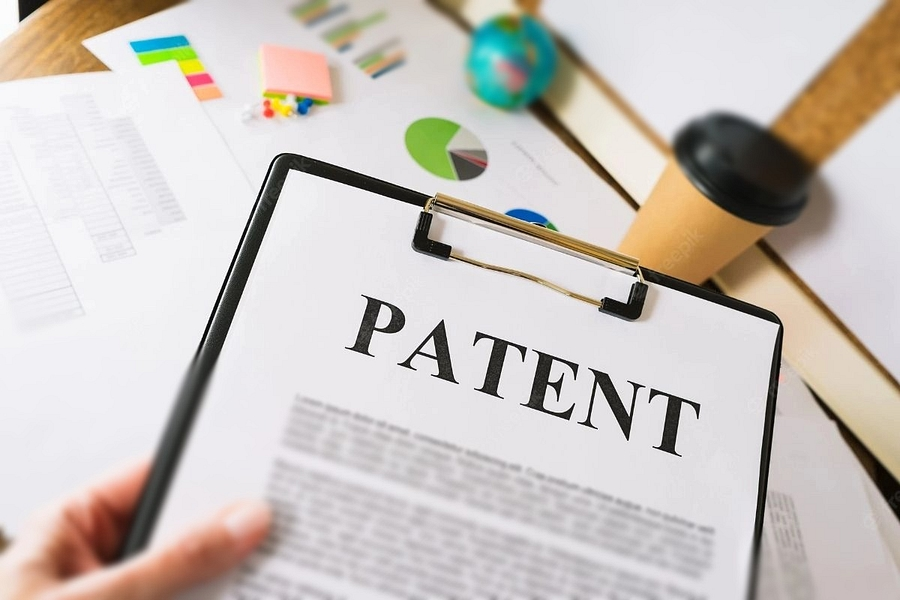Innovation is supposed to be full of new ideas and fresh solutions. Innovators rush to build something the world has not seen yet. But patent trolls can be innovation killers for many startups, small inventors, and mid-sized companies. These trolls live in courtrooms, spreadsheets, and licensing agreements. They can do serious damage before your idea ever sees the light of day.

What Is a Patent Troll?
Patent trolls are known as Non-Practicing Entities (NPEs). They are companies or individuals that own patents but do not make or sell anything. Instead, they acquire patents and use them to threaten litigation against companies that might be infringing. Their business model is not built on innovation. Rather, it is built on lawsuits.
These trolls usually do not invent the technology or contribute anything new. They just wait for someone else to do the hard work and swoop in with a demand letter claiming patent infringement.
How They Operate
Patent trolls rarely go straight to court. They prefer to start with a strongly worded letter demanding payment. It might say you are infringing on a patent from 15 years ago that describes a concept similar to yours in hard-to-interpret language.
Most startups and small businesses do not have the time, money, or legal resources to go to war in court. Patent trolls know this. They are not looking to prove anything. They are looking for a quick settlement to make it worth their time but less than the cost of hiring a legal team to fight back.
Why Startups Are Easy Targets
Startups are the perfect prey for trolls. You are lean and fast-moving. You are probably not packing an in-house legal team. Every dollar counts and every distraction is a potential derailment.
Trolls know that you are more likely to settle just to get them off your back when you’re in the early stages of growth. Paying a few thousand dollars now may seem better than fighting a six-figure legal battle even if the claim is weak and even if you did nothing wrong.
The Cost of Innovation Delay
These legal threats do not only take money but also steal time, energy, and momentum.
Startups on the receiving end of troll litigation often delay product launches, pause funding rounds, or pivot away from certain features to avoid further risk. This delay can be enough to miss your window of opportunity or get beaten to market by someone else who did not get targeted.
The Patents They Use Are Not Always Legit
Patent trolls love ambiguity. Many patents they use are relics from the dot-com era or earlier. They are often written broadly enough to apply to nearly anything.
Trolls will argue an ancient patent covers your invention even if the tech is completely different. Sadly, the U.S. patent system has not done a great job of filtering out overly broad or poorly written patents. Trolls buy these up, build a portfolio, and start fishing for settlements.

